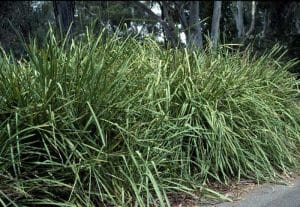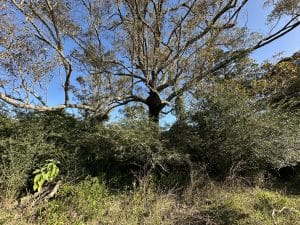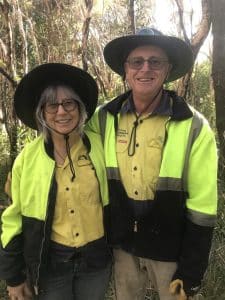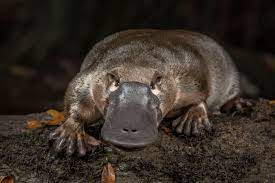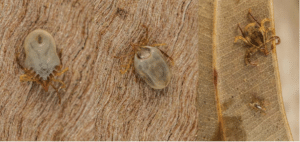
With the warmer weather already ramping up, and following years of above average rainfall due to an extended LaNinã weather cycle, the tick season is shaping up to be a doozy this year. Australia has around 70 species of tick, but the most dangerous species is the Paralysis Tick (also called Scrub, Shellback, Bush, Grass Tick) – Ixodes holocyclus, which occurs along the Eastern seaboard of Australia, where they generally live in moist, native bushland that has plenty of hosts.
Ticks are not only a nuisance and make you very itchy, they have the potential to make you seriously ill. Paralysis ticks possess the amongst most toxic saliva in the world, and it is this which makes us itch, causes paralysis, allergic reactions and disease.
Allergic reactions can include localised large allergic reactions around the bite site, full blown anaphylaxis, and mammalian meat anaphylaxis after tick bite. Ticks also spread serious diseases in humans, such as Australian Tick Typhus, which begins with a localised reaction around the bite becoming scabbed, development of a rash and flu-like symptoms. This disease can be fatal, but is treatable with Antibiotics within 10 days of tick bite. Lyme’s Disease has not been definitively identified as an Australian Tick borne disease, but more research is underway.
First Aid for tick bites – Kill the tick where it is by:
Spraying with an ether spray (eg MediFreeze; Skin Tag Remover; Wart Off Freeze, Wartner) or dab the bite with a permethrin cream (eg. Lyclear). Lyclear is the best option if you have multiple bites from the tiny nymph tick stage. Repeat within one minute and wait for the tick to drop off – do not squeeze the tick as this will result in the injection of tick saliva to the puncture bite site.
The general advice is to avoid squeezing the tick once it has bitten you so as to avoid disease (freeze it or dab permethrin cream), do not use tweezers to remove ticks.
Prevention is better than the cure and there are many products on the market that can help reduce your interactions with Ticks.
Permethrin based soaks (for clothes, hats, etc) – such as Equip Bugger Off – keeps mosquitoes, ticks and mites at bay; and offers better protection than Insect Sprays.
For more information, head over to the AABR guideline: Ticks and tick-borne diseases protecting yourself.
Q Fever – A serious health risk especially in drier weather due to increased dust when mowing for example. A recovering farmer mentioned it was the disease you wouldn’t wish on you worst enemy. For more information
https://www.health.nsw.gov.au/Infectious/factsheets/Pages/q-fever.aspx
Locally bandicoots are known carriers. Medical practices in Wingham are well versed with the vaccination program as it is essential for workers at Wingham Beef Exports to be covered.


